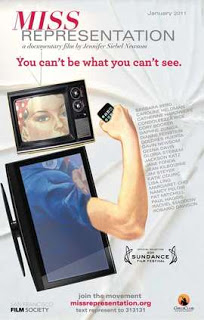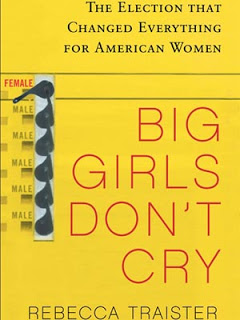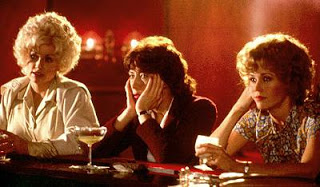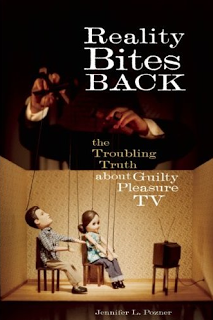People have often told me—throughout a lifetime of being underweight—how great I look.
I confidently wear a bikini.
I’m one of those people you might love to hate: I can eat anything, and as much of it as I want, without gaining weight.
People, especially girls and women, praise my thinness, exclaiming “How do you stay so skinny?!” or “You’re so lucky.”
Other people envy me—a person whose thinness is due to cystic fibrosis, who has had regular, extended hospital stays since childhood, and whose daily medical regimen no one would ever envy. But I have this bizarre cultural privilege: I am skinny. It hasn’t generally mattered to people why; thinness is seen as an always-positive attribute in our society.
In the summer of 2004, I weighed 92 pounds. I was very sick and doing everything in my power to put on weight. My doctor went so far as to prescribe an appetite stimulant, derived from cannabis, which was supposed to give me the legal munchies.
It may have helped me put on a pound or two, but that wasn’t enough.
It wasn’t just that I was too thin; I needed a lung transplant and had to weigh a minimum of 100 pounds before I would even be considered for the surgery. I was left with one option: a feeding tube for high-calorie protein shakes every night while I slept, in addition to a high-calorie diet every day. This was scary for me, not just in the way that a feeding tube (and serious illness) would be frightening for anyone, but because, in spite of the serious illness, I liked being so thin and was afraid of gaining too much weight.
I know now that these feelings had much more to do with control (and, specifically, the lack of it in my life at that time) than the actual numbers, and that they weren’t rational or healthy attitudes to hold.
As much as I knew intellectually that I was too thin, I never felt too thin.
When I finally got beyond my fear of “fattening up” (which is how countless doctors and nurses, clearly not sensitive to issues involving body image, jokingly referred to my need to gain weight) and faced the reality of my situation, I scheduled the procedure to place the feeding tube.
I did so with reticence and anxiety.
There would be anesthesia, there would be an incision through the wall of my abdomen, there would be a tube permanently sticking out, there would be pain while my stomach healed from the surgery. I would be hooked up to a nutrition pump, much like an IV pole, every night.
On the operating table, I was prepped for the procedure by a female nurse and a male doctor. When the nurse lifted the hospital gown above my abdomen, she exclaimed, “Look at that pretty flat stomach!”
I processed this statement for a moment. A medical professional had complimented me on my thinness, which was so extreme as to prevent me from having life-saving surgery, while prepping me for a procedure intended to help me gain weight.
To his credit, the doctor quickly snapped, “That’s the problem!” but her message couldn’t have been clearer.
We live in a culture that so values thinness, that values such extreme thinness, that I received a compliment about my body when I was on an operating table, when I was so ill and weighed so little that doctors feared I might not survive major surgery.
While this might’ve been a single extreme incident, I can’t say the same about a lifetime of these compliments, the envy of women, and the gaze of men directed at my ultra-thin (so thin because it was diseased) body.
I can forgive myself for enjoying these moments; I had a difficult life that inspired little envy, and I took the compliments and positive feelings about myself where I could find them.
When I received that comment on the operating table, though, I felt a tangled mess of emotions: I was happy to hear something—anything—uplifting during such a trying time, I was scared to lose that unscarred, flat stomach, and I was angry at the nurse for her inability to read the situation.
Later that same year I had a double-lung transplant and have since gained 25 pounds. I’m still thin, but curvier than before. I threw out the old bikinis. The regular “You’re so skinny!” compliments are gone, but I’ve come to see those comments, even when they were meant in kindness, as all part of our toxic culture.
Depictions of unhealthily thin women in film, television, and advertising constantly bombard us, distorting the way we see one another and how we define a “healthy” body. Extremely thin bodies are often seen as the epitome of health and beauty, when the fact is that healthy, beautiful women come in all shapes and sizes.
If we all didn’t have such a distorted view of the female form, women might have better relationships with their bodies, instead of hating them, resorting to cosmetic surgery for self-esteem issues, and having unrealistic expectations about how they should look.











